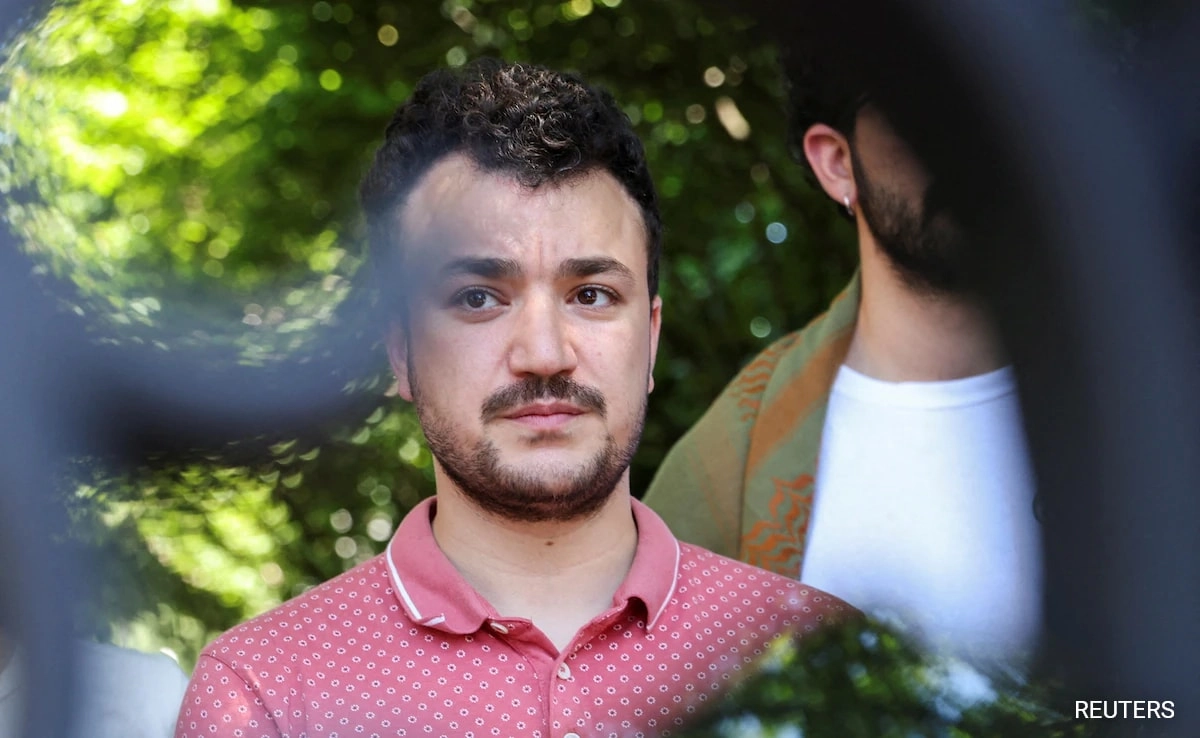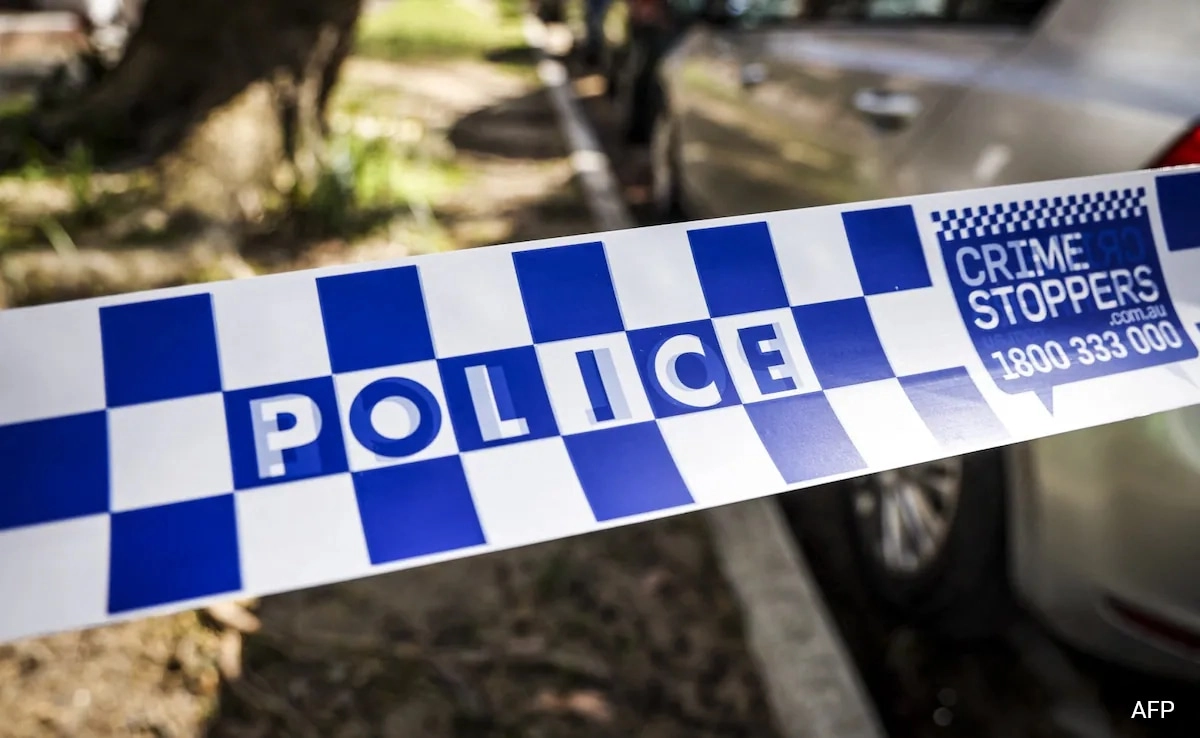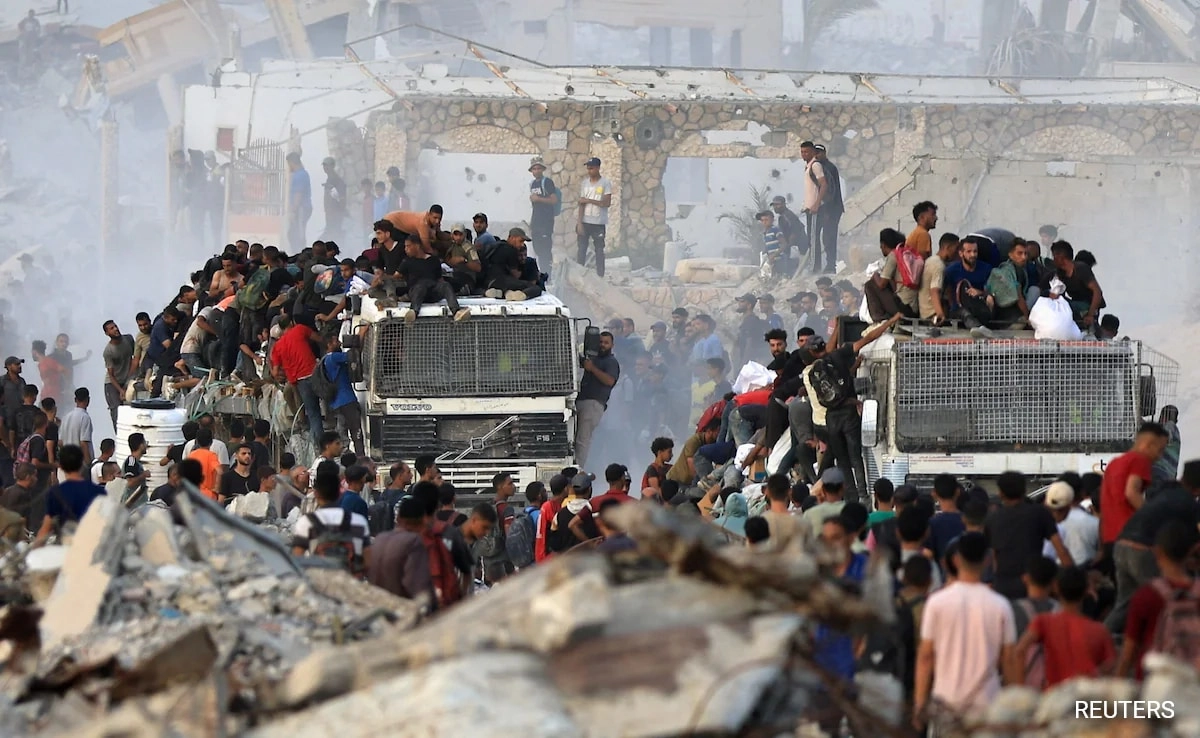A U.S. court has recently ordered the release of Mahmoud Khalil, a pro-Palestinian activist whose detention had sparked significant debate regarding civil liberties and political expression. Khalil, who was arrested under allegations related to his activism, had become a focal point for discussions surrounding the rights of individuals to express their political beliefs, particularly in the context of the ongoing Israeli-Palestinian conflict. His case highlighted not only the complexities of free speech in the United States but also the potential consequences faced by those who engage in political activism that challenges the status quo.
The court’s ruling to release Khalil came after considerable public outcry and support from various human rights organizations, which argued that his detention was unjust and infringed upon his First Amendment rights. Advocates for Khalil’s release pointed to the broader implications of his case, suggesting that it set a troubling precedent for how activists could be treated in the U.S. They emphasized that the ability to protest and advocate for causes, especially those that may be politically sensitive, is a cornerstone of democratic society. As such, Khalil’s situation resonated with many who believe in the importance of protecting dissenting voices.
In the wake of the court’s decision, Khalil expressed gratitude for the support he received during his time in detention. His release not only marks a personal victory for him but also serves as a reminder of the ongoing struggles faced by activists advocating for marginalized communities around the globe. As the discourse surrounding the Israeli-Palestinian conflict continues to evolve, Khalil’s case could serve as a catalyst for further examination of how political activism is perceived and managed within the judicial framework of the United States. The implications of this ruling extend beyond Khalil himself, as it raises critical questions about the intersection of law, politics, and human rights in a rapidly changing world.




